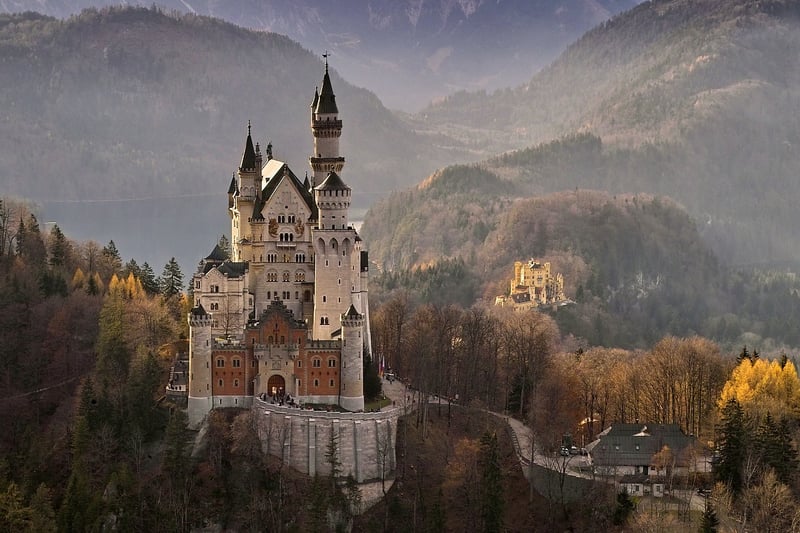Future Exploration
Exploring Time Periods and Future Exploration
Introduction
Time has always been a fascinating concept for humanity. From ancient civilizations to modern societies, exploring different time periods has provided valuable insights into our past, present, and future. Let's delve into the exploration of time periods and what the future holds for further exploration.
Ancient Time Periods
Ancient time periods, such as the Stone Age, the Bronze Age, and the Classical Antiquity, offer a glimpse into the early stages of human development. Archaeologists and historians study artifacts, ruins, and texts from these periods to understand how our ancestors lived, worked, and interacted with their environment.

Medieval and Renaissance
The Medieval and Renaissance periods marked significant advancements in art, science, and culture. Exploring castles, cathedrals, and artworks from these eras provides a window into the minds of great thinkers, artists, and inventors who shaped the course of history.

Modern Times
From the Industrial Revolution to the Information Age, modern times have seen rapid progress in technology, communication, and globalization. Studying recent time periods helps us grasp the challenges and opportunities of the contemporary world and how they relate to our past.

Future Exploration
As we look to the future, the exploration of time periods is evolving with technological advancements. Virtual reality, artificial intelligence, and data analytics are revolutionizing how we study and experience different historical eras. Future exploration may involve immersive simulations, interactive exhibits, and digital reconstructions that bring the past to life in unprecedented ways.
Challenges and Opportunities
While future exploration offers exciting possibilities, it also raises ethical, cultural, and technical challenges. Preserving historical accuracy, respecting diverse perspectives, and ensuring data security are essential considerations for the future of exploring time periods.
Conclusion
Exploring time periods provides us with a deeper understanding of our roots, our progress, and our potential as a global society. By embracing both the past and the future of exploration, we can enrich our knowledge, broaden our perspectives, and shape a more informed and connected world.
